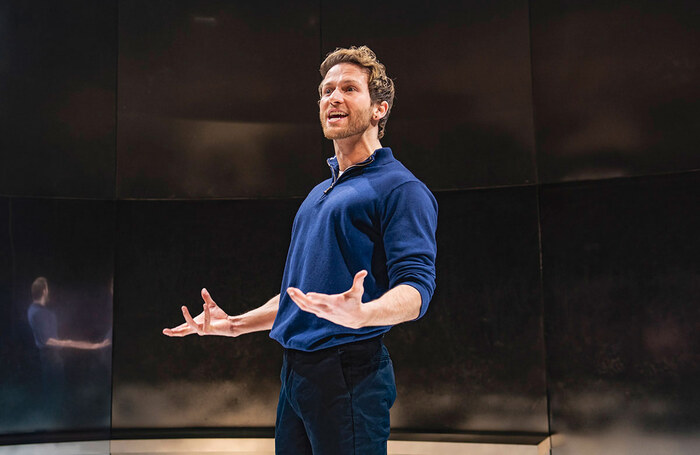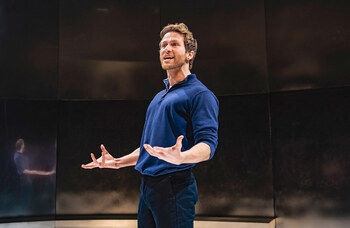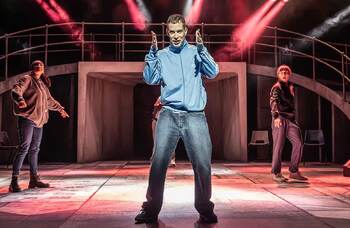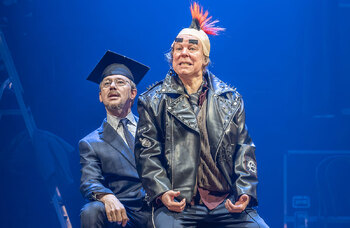Off the subs’ bench – what understudies can learn from sports
The role of an understudy is often under-appreciated, yet the lack of recognition makes the task no less demanding. Players on the substitutes’ bench – the equivalent in the sporting world – face similar challenges. However, unlike actors, athletes are supported by a body of sports science to help them thrive in the most high-pressure situations.
Until entertainment comes to offer its own body of peak performance insight, understudies would be wise to look to sports psychology to make the most of their experience. I’m fortunate to have a wealth of reflections to draw on – both personal and those of close friends and peers. In addition, I’ve spent the past four years researching sports science and the wisdom that could benefit the entertainment industry.
First things first: a mindset shift is needed. Essentially, understudies have to believe they can grow just as much from being a ‘bench-warmer’ as from being in the ‘starting line-up’. Athletes who’ve adopted this mentality have radically changed their trajectory.
While sports psychology provides several strategies that bench players can employ to maximise their time on the sidelines, there are two of particular promise for this industry: approaching rehearsals as ‘game days’ and proactively addressing performance anxiety.
While our arenas may differ, the role that the ‘second string’ plays is very much shared
When benched athletes are given playing time in training, they’re encouraged to treat it as if they were in that day’s starting line-up. Doing so counters the inclination to dismiss the otherwise routine weekday practice.
This approach is just as applicable to understudies. Approaching rehearsals with the intention and intensity as a performance will invariably help growth. Throwing these runs away means a missed opportunity to improve.
Then there is performance anxiety. The necessity for bench players to remain in top form – ready to go at a moment’s notice – is one of the most exacting aspects of their role. This extends beyond simply being physically primed. They must be mentally poised too. Similarly, understudies may only know a few hours out that they’ll be performing that night, so being truly prepared involves developing the mental fortitude to navigate this adrenaline and pressure.
Treating rehearsals as performances naturally raises the stakes, but it will also help bring calm on the day an understudy goes on. Understudies can also choose to film these rehearsals or invite a handful of friendly outsiders to watch to further up the ante.
Alternatively, it may be more beneficial to foster a sense of ease and calm on the days when you’re required to cover. Everyday habits and routines can work well, helping to level out the ‘special-ness’ of the event.
While our arenas may differ, the role that the ‘second string’ plays is very much shared. Looking to our counterparts in the sporting world encourages us to both champion these individuals and give them as much help as possible to perform at the highest level.
Opinion
Recommended for you
Advice
Recommended for you
Most Read
Across The Stage this weekYour subscription helps ensure our journalism can continue
Invest in The Stage today with a subscription starting at just £7.99
 Tahlia Norrish
Tahlia Norrish












